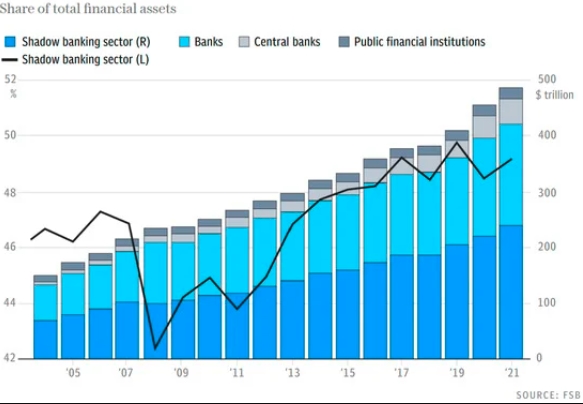The Scottish Government is facing a huge challenge to balance its budget in the next few years, as a new report warns of a £1.5bn shortfall in funding by 2024. The Fraser of Allander Institute, a leading economic think tank, has published its latest analysis of the Scottish budget and the fiscal outlook for the devolved administration. The report highlights the impact of the Covid-19 pandemic, Brexit, and the UK Government’s spending plans on Scotland’s public finances.
Covid-19 pandemic hits Scotland’s economy hard
The report estimates that the Covid-19 pandemic has reduced Scotland’s GDP by around 10% in 2020, and that the recovery will be slow and uncertain. The pandemic has also increased the demand for public services, such as health and social care, education, and welfare. The Scottish Government has received an additional £9.7bn from the UK Government in 2020-21 to deal with the crisis, but this is expected to fall sharply in the next few years.
The report warns that the Scottish Government will face a difficult trade-off between maintaining the level of public services and increasing taxes or borrowing to fund them. The report also notes that the Scottish Government has limited fiscal powers to respond to the economic shock, as most of its revenue comes from grants from the UK Government or taxes that are largely determined by UK-wide policies.
Brexit adds uncertainty and risks to Scotland’s budget
The report also examines the implications of Brexit for Scotland’s budget and economy. The report argues that Brexit will have a negative impact on Scotland’s trade, investment, and productivity, and that the UK Government’s trade deals with other countries may not compensate for the loss of access to the EU single market and customs union. The report also points out that Brexit will affect the amount of funding that Scotland receives from the UK Government, as the UK will no longer contribute to the EU budget or receive EU funds.
The report calls for more clarity and transparency from the UK Government on how it will allocate funding to the devolved administrations after Brexit, and how it will involve them in the design and delivery of the UK Shared Prosperity Fund, which is supposed to replace EU structural funds. The report also urges the UK and Scottish Governments to cooperate and coordinate their policies to avoid duplication or divergence that could harm the economy or public services.
UK Government’s spending plans pose challenges for Scotland’s budget
The report also analyses the UK Government’s spending plans for the next few years, and how they will affect Scotland’s budget. The report notes that the UK Government has announced a significant increase in spending on defence, health, and infrastructure, but that this will be partly offset by cuts in other areas, such as overseas aid, public sector pay, and welfare. The report also highlights the uncertainty and volatility of the UK Government’s spending plans, as they depend on the economic and fiscal outlook, which is subject to revision and revision.
The report explains that the UK Government’s spending plans will determine the size of the block grant that Scotland receives, as well as the amount of tax revenue that Scotland can raise. The report warns that the Scottish Government will face a £1.5bn funding gap by 2024, as its spending commitments will exceed its available resources. The report suggests that the Scottish Government will have to use its limited borrowing powers, draw on its reserves, or make spending cuts or tax increases to balance its budget.
Report calls for fiscal reform and dialogue
The report concludes that the Scottish budget faces unprecedented challenges and uncertainties in the next few years, and that the current fiscal framework is not fit for purpose. The report calls for a comprehensive review and reform of the fiscal framework, to make it more flexible, transparent, and accountable. The report also calls for a constructive dialogue and collaboration between the UK and Scottish Governments, to ensure that the fiscal arrangements work in the best interests of both governments and the people they serve.


















